Successful design, management and understanding of human environments requires thinking and analysis at a systems level. The Emphasis in Sustainable Urban Systems (SUS) focuses on the development and application of quantitative analysis methods such as Life Cycle Assessment (LCA), as well as techno-economic and decision-making methods to identify opportunities — and pathways — to better align the provision of engineering urban systems with sustainability. This specialization provides the skills to understand and guide policy, design, and decision-making around the built environment, ranging in scale from individual products (automobiles, a house) to large infrastructures such as energy, transportation, and water systems. Highly interdisciplinary, this emphasis combines skills and thinking from civil and mineral engineering with elements of environmental, chemical, and mechanical engineering, architecture, urban planning, economics and public policy.
Meet your Instructors

Heather MacLean
ProfessorSustainable Infrastructure: Systems analysis and life-cycle assessment; development of techno-economic methods incorporating uncertainty

Daniel Posen
Associate ProfessorSustainable Infrastructure: System-scale environmental sustainability analysis

Shoshanna Saxe
Associate ProfessorSustainable Infrastructure: Construction resource use and embodied greenhouse gases; travel behaviours and transit infrastructure

Prof. Marianne Touchie
Meet your Coordinator
As coordinator of the Sustainable Urban Systems Emphasis, my goal is to help you select courses and experiences to support your professional goals and help you connect with industry leaders to build your network so you’re ready to hit the ground running upon completion of your degree. My background is in promoting sustainable buildings through comprehensive retrofits and high-performance new construction to reduce the environmental impact of buildings. In addition to helping you navigate the MEng program, I’m always happy to discuss your interests in how we make our cities more sustainable as well.
Requirements
The Emphasis in Sustainable Urban Systems is an optional component of the Master of Engineering (MEng) in Civil & Mineral Engineering
To complete the emphasis you must complete 4 courses (2.0 FCE): 2 courses from Group One, 1 course from Group Two, and 1 course from Group Three.
- Other courses may be considered but would require approval from the Emphasis Coordinator
- With approval, one or two courses may be replaced by an MEng Project: CIV1001H (0.5 FCE) or CIV1002Y (1.0 FCE)
Explore course descriptions and timetables
Note that not all courses will be offered every year.
Featured Courses

CIV1321H - Large Scale Infrastructure and Sustainability
Instructor: Shoshanna Saxe
In the next 15 years, major changes will be seen in the global infrastructure system. To meet local, national and international sustainability goals, this next generation of infrastructure must be planned, designed and built in new ways. Large scale infrastructure projects have impacts well beyond their stated primary purpose: they consume significant amounts of natural resources and, once built, change how we live, work and move. As key players in planning, designing, constructing and commissioning large infrastructure projects, engineers have a special responsibility to understand the myriad ways infrastructure interacts with our natural and social systems. This course will explore what sustainability means in the context of infrastructure development, examine infrastructure needs and sustainability at the global and project scale, and provide students with skills and techniques to have an impact on infrastructure sustainability in their future work. At the end of this course, students will think critically about the wider impacts of large-scale infrastructure projects and use this knowledge alongside their technical engineering skills to develop better outcomes. Students will learn approaches and skills for analyzing (and influencing) the sustainability of infrastructure systems at the project and system scale.
CIV1322H - Quantitative Methods for Decision-Making
Instructor: Daniel Posen
This course introduces students to core principles and quantitative methods to provide support for making ‘hard’ decisions and communicating results. Topics include structured decision-making techniques (e.g., decision trees), public sector decision-making (e.g., benefit-cost analysis, welfare economics), multi-criteria decision-making, and decision-making under uncertainty (e.g., sensitivity analysis, Monte Carlo simulation, utility theory and risk attitudes). This course serves as a survey of methods that will be useful for research-stream graduate students engaged in systems-thinking or other decision-making work, but also for any graduate student interested in learning more about how to make rational decisions, and to use relevant tools/techniques.

Projects
MEng students have the option of tackling real-world engineering challenges and applying their coursework knowledge by engaging in a project under the guidance of a CivMin professor. A project offers the invaluable opportunity to collaborate with experts and develop innovative solutions, enhancing a student's technical competence and preparing them for the complexities of future engineering careers. Additionally, the project can serve as a cornerstone for building a professional portfolio and showcasing capabilities to potential employers.
A CivMin MEng project is a dynamic experiential learning opportunity providing hands-on experience that can significantly boost employability and confidence as students transition into the engineering workforce. For more details, please refer to the MEng program requirements.
Explore potential future projects and envision how an MEng project could be a transformative experience in your engineering education and career. Current opportunities can be found on the MEng Project Opportunities page.
Career Outlook
A CivMin MEng from the #1 Civil Engineering program in Canada can open up a world of opportunities and supercharge your career. The University of Toronto is ranked #12 globally for graduate employability by Times Higher Education, and our alumni have secured exciting roles at a wide variety of top companies including Hatch, WSP, Aecon, Kiewit and Metrolinx.
An MEng degree from U of T places you at the centre of an immense and invaluable alumni network. Combined with our strong industry connections and esteemed reputation, a CivMin MEng offers you almost infinite opportunities for support, professional growth and advancement throughout your career.
Graduates of the MEng who have specialized in Sustainable Urban Systems have advanced to positions at leading organizations such as Hatch and the City of Toronto. The diverse skill set and practical experience gained from our program prepares graduates to excel in multiple roles, including design, construction, consulting, and policy. With a strong foundation in systems thinking and technical analysis for urban systems, our graduates are highly sought after in both the public and private sectors. They are well-equipped to handle the complexities of urban environments and complex systems, and to think holistically about the design of the built environment and individual infrastructure products.











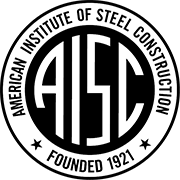


















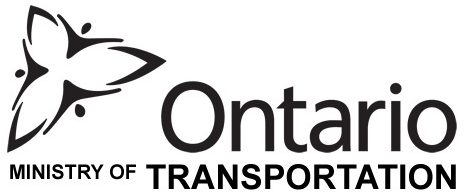

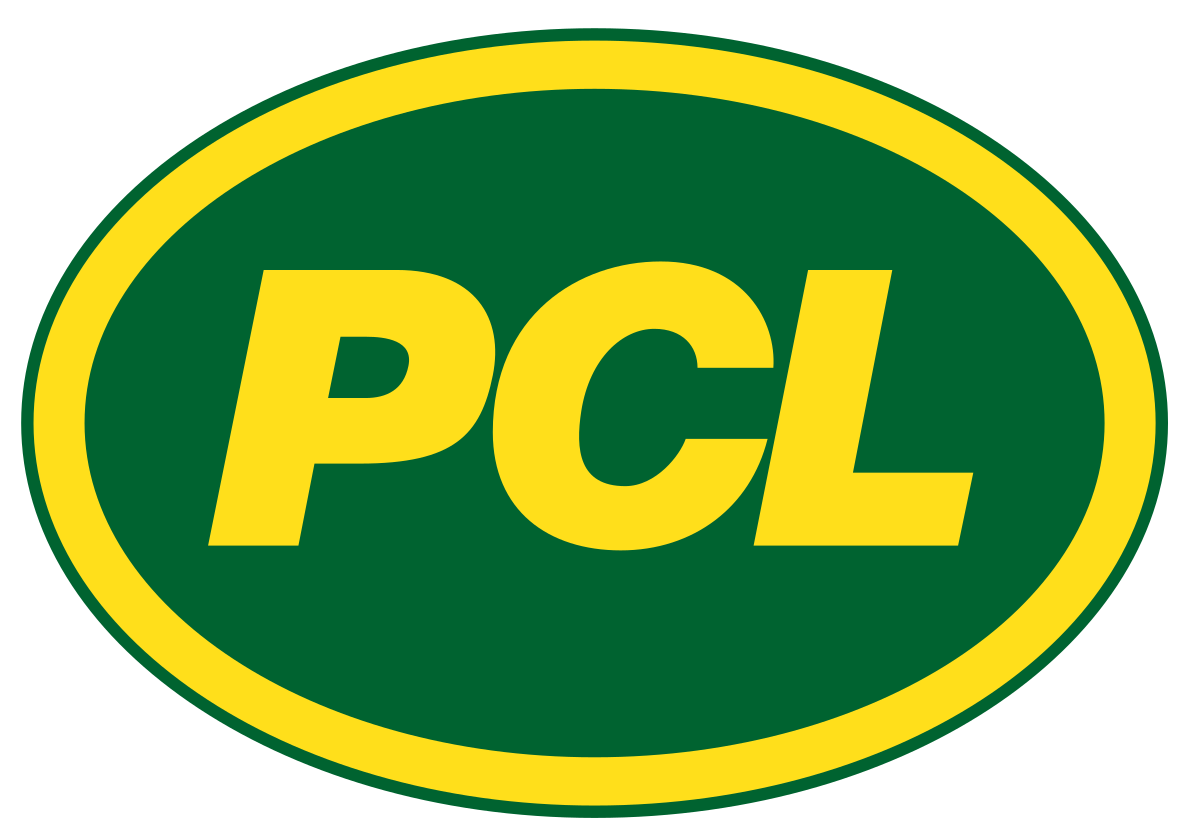

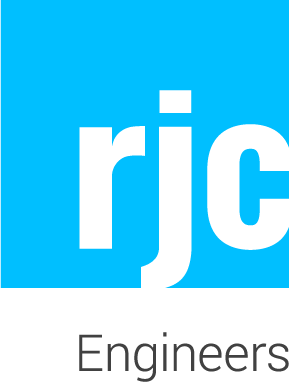
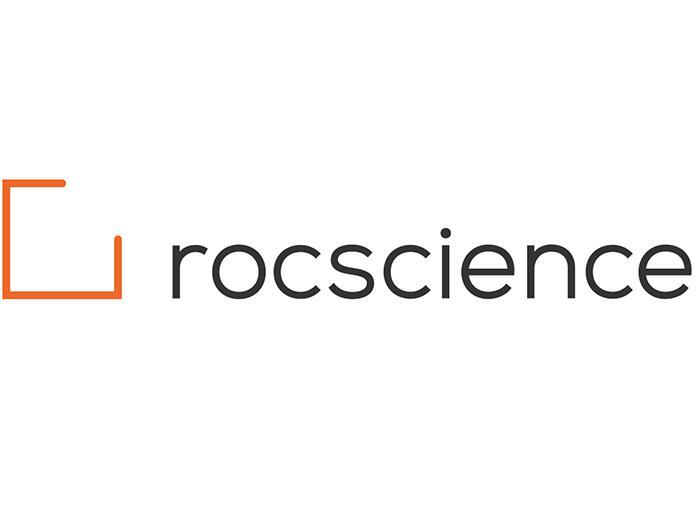

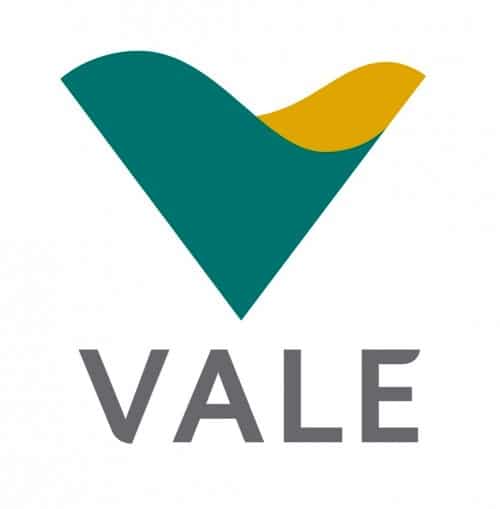

Discover other complementary Emphases to
boost your Master of Engineering experience
